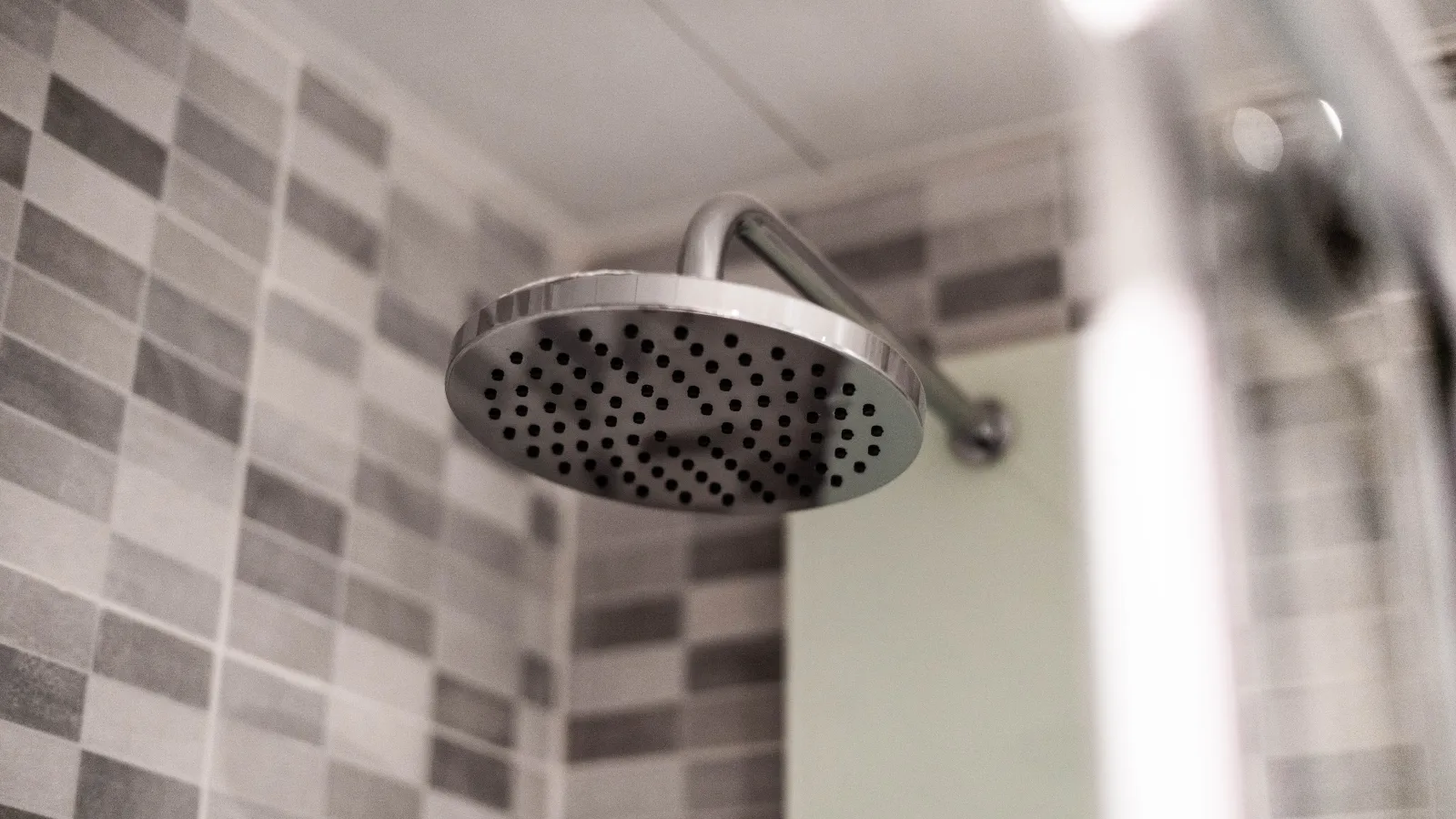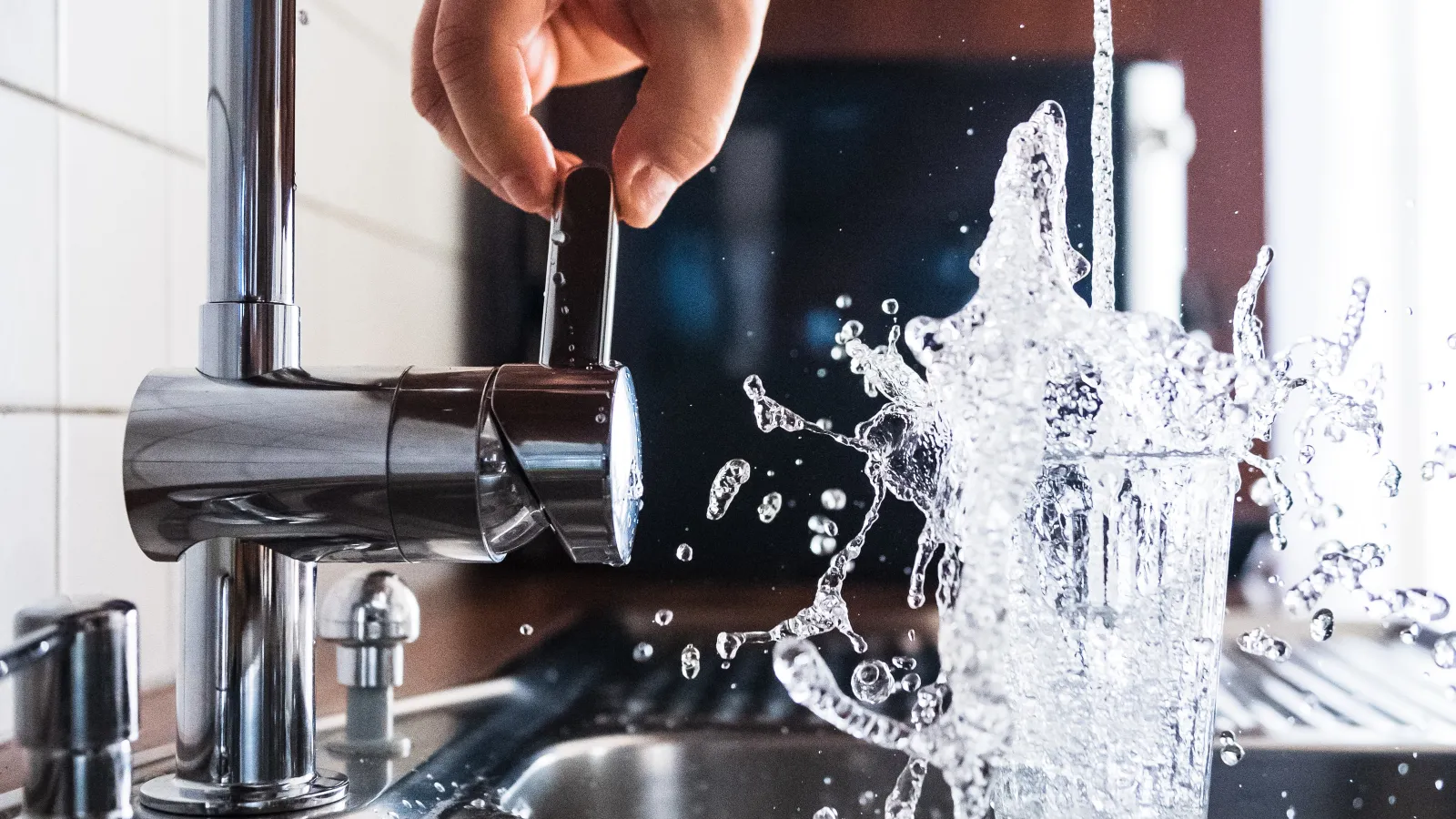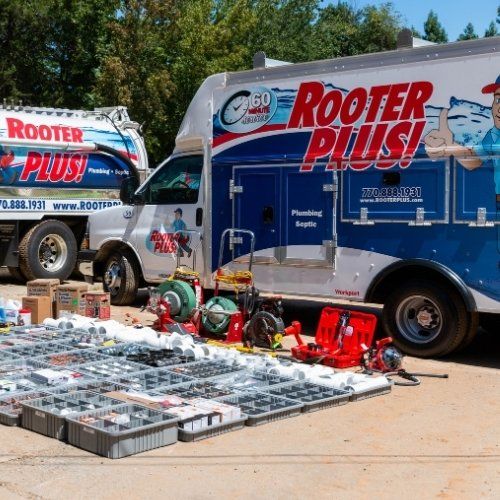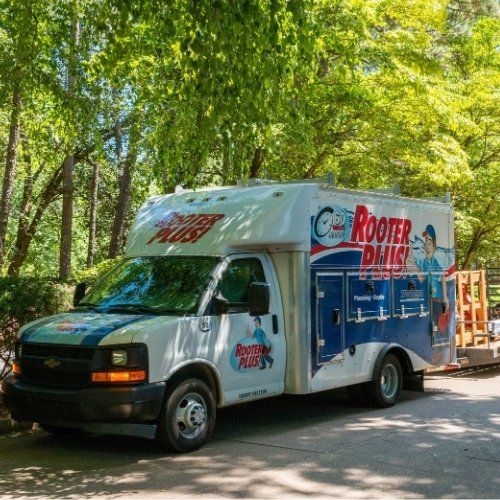Discount may not be combined with any other offers. Limit one coupon per customer.
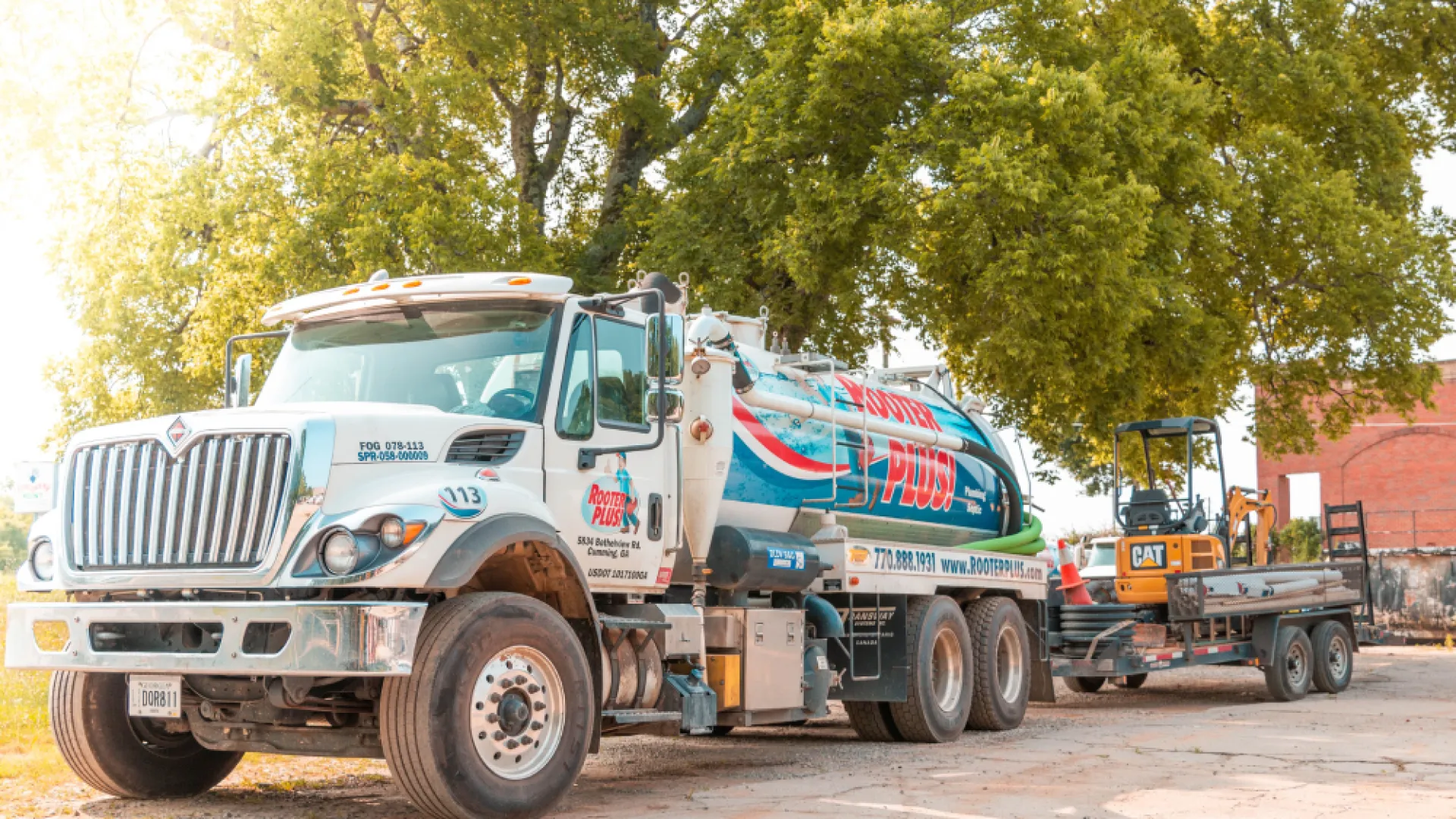
5 Signs Your Septic Tank Is Full
How to Check If Your Septic Tank Is Full
Is your home equipped with a septic tank, that underground superhero responsible for managing your household wastewater?
If you're like many homeowners, you probably don't give it much thought until a plumbing disaster strikes. However, understanding the health of your septic tank and knowing how to check if it's full can save you from costly repairs and ensure the smooth operation of your sewage system.
In this comprehensive guide, we will walk you through the process of checking if your septic tank is full, why it's crucial, and what to do if you discover a potential problem. We'll cover all the bases, so you can maintain your septic system like a pro and keep your home running smoothly.
Why Checking Your Septic Tank Is Essential
1. Prevent Costly Repairs: A full or malfunctioning septic tank can lead to expensive repairs or even a complete system replacement. Regular checks can help you catch issues early, saving you a small fortune in the long run.
2. Protect Your Property: A neglected septic tank can cause sewage backup, leading to a messy and unsanitary situation inside your home. Keeping tabs on your tank's status ensures your property stays clean and safe.
3. Environmental Responsibility: An overfilled septic tank can leak harmful pollutants into the soil and nearby water sources, posing risks to the environment. Regular maintenance helps you play your part in protecting the planet.
4. Maintain Home Value: A well-maintained septic system is a selling point for your home. If you plan to sell in the future, having a healthy septic tank can add value and make the process smoother.
Now that we understand the importance of checking our septic tanks let's move on to the actionable steps.
5 Signs Your Septic Tank is Full
Slow Drains: If you notice that your sinks, showers, and toilets are draining slower than usual, it could be a sign that your septic tank is nearing capacity. This occurs because the tank has less space for wastewater to flow and settle properly.
Unpleasant Odors: Foul odors, reminiscent of sewage, in or around your home can strongly indicate septic tank problems. These odors often result from gases trapped in the system due to overfilling or blockages.
Pooling Water: Puddles or standing water near the area where your septic tank and drain field are located are red flags. This may suggest that your septic tank is overflowing, causing wastewater to surface rather than being properly absorbed into the soil.
Lush, Green Grass: If the grass around your septic tank area appears significantly greener and healthier than the rest of your lawn, it could be a sign of excess moisture. An overfilled septic tank can saturate the surrounding soil, leading to this lush growth.
Backup and Gurgling: If you experience backups in your plumbing fixtures, such as toilets and drains, it may indicate a full or clogged septic tank. Gurgling sounds in your pipes can also be a warning sign, suggesting that air is trapped in the lines due to a full tank.
How to Check If Your Septic Tank Is Full
Checking the fullness of your septic tank isn't as challenging as it may sound. With a few simple steps and some keen observation, you can ensure your system is running smoothly.
1. Visual Inspection
Start with a visual inspection of your property, specifically the area where your septic tank is located. Common signs that your septic tank might be full or experiencing issues include:
Lush Green Grass: If the grass around your septic tank area is noticeably greener and healthier than the rest of your lawn, it could indicate excess moisture, possibly from an overfilled tank.
Standing Water: Puddles or standing water near the septic tank or drain field area are red flags. This could be a sign that your tank is overflowing, and wastewater is pooling on the surface.
Unpleasant Odors: A foul smell, akin to sewage, around your tank area or inside your home, could indicate septic issues. This smell often results from gases trapped in the system due to overfilling or blockages.
Slow Drains and Toilets: If your sinks, showers, and toilets are draining slower than usual, it might suggest that your septic tank is nearing capacity. Addressing this before it leads to a full-blown plumbing emergency is essential.
2. Inspect Your Septic Tank Lid
Once you've completed the visual inspection, it's time to get up close and personal with your septic tank. Locate the access lid or covers of your tank. These are usually circular or square concrete or plastic lids that sit at ground level.
Caution: Be careful when opening septic tank lids. Methane gas can accumulate in the tank, which can be dangerous. Ensure proper ventilation by leaving the lid partially open, and never work near an open flame when inspecting your tank.
Check the Depth: If you can easily access the tank lid, it might indicate that the tank is not full. However, if the lid is submerged or difficult to reach, it could be a sign of an overfilled tank.
Measure the Sludge and Scum Layers: With a long stick or septic tank probe, you can measure the depth of the sludge and scum layers inside your tank. These layers should not exceed a particular thickness, and excessive buildup may signal the need for pumping.
Inspect for Cracks or Leaks: While you're at it, look for any cracks or leaks in the tank itself. Cracks can lead to water infiltration and compromise the tank's functionality.
3. Consult a Professional
If you're unsure about your findings or suspect an issue with your Atlanta septic tank, it's always a wise move to consult a professional septic tank service like RooterPLUS!. We have the expertise and equipment to assess your tank accurately and address any problems.
Remember that septic tank maintenance is ongoing, and regular pumping is essential to keep your system in good health. The pumping frequency depends on various factors, including the tank's size, the number of occupants in your home, and your water usage.
Summary
Regularly checking if your septic tank is full is a crucial part of homeownership. It can save you from costly repairs, protect your property, and help you maintain a clean and safe environment. Remember to conduct visual inspections, check the tank lid depth, and consult a professional if needed. By staying proactive, you can ensure your septic system continues to serve your home efficiently.
Now that you know how to check your septic tank's fullness, take action to safeguard your home and the environment. Don't wait until a problem arises—start your regular septic tank checks today!
Frequently Asked Questions
Q How often should I check if my septic tank is full?
It's recommended to check your septic tank's fullness at least once a year through a visual inspection of the tank's access lids. Additionally, have your septic tank professionally inspected every 3 to 5 years, or as advised by a septic service provider.
Q What are the signs that my septic tank might be full?
Signs of a full septic tank include slow drains, unpleasant odors, standing water around the tank area, lush green grass over the tank, and backups in plumbing fixtures.
Q What should I do if my septic tank is full or experiencing issues?
If you suspect your septic tank is full or having problems in the Atlanta area, call 770-888-1931 today. Our team of expert plumbers are here to help!
